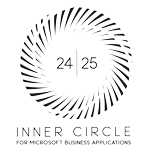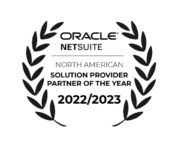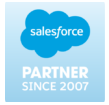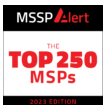Choose from a number of power tools to unlock new potential
Sikich has helped businesses choose, implement, update, and manage CRM and ERP solutions for decades. We also help business with installing and managing a suite of popular productivity applications.
Microsoft Dynamics 365
Many medium and large sized companies use the cloud-based Dynamics 365. With Dynamics 365 for Finance and Supply Chain, Dynamics 365 Business Central, and Dynamics CRM, there is a platform that will suit your business and industry requirements.
Learn MoreOracle Netsuite
We are one of the top, 5-star award winning implementation partners in the United States. We’ve developed a number of solutions that get companies up and running in months that can power their operations for years to come.
Learn MoreOracle Cloud ERP
Our mission is to stabilize and enhance your Oracle environments, ensuring significant financial savings and reduced risk while guiding you through every phase of your transformation journey.
Learn MoreSalesforce CRM
We center our Salesforce services and processes around your needs, budget and goals. From CPQ to Experience Cloud to Service Cloud, we are uniquely skilled to optimize your Salesforce investment as well as integrate with your ERP solution.
Learn MoreJust MES – Manufacturing System
The Manufacturing Execution System (JUST MES) solution suite, which includes JUST PLM, JUST monitoring, and JUST planning, allows for full control and deep insight. In other words, just what you need.
Learn MoreDynamics Legacy ERP
If you are using one of the older versions of a Dynamics ERP system, we have experts who can take your system to the cloud. If you are running one of these systems, contact us with the specifics of your current system.
Learn MoreSupporting Applications
Productivity Tools
IT Services
Cybersecurity
Data and Analytics Services
Implementing CRM and ERP Systems

Make the right strategic moves with Sikich
In no uncertain terms, ERP implementations are a risk. When you make the decision to purchase and integrate an ERP system in your company, you need to make a series of other decisions that ultimately decide the success or failure of the entire project. Depending on how well your company plans and prepares for large undertakings is a barometer for how well the implementation process will go.
For instance, will your company implement a cloud-based solution or something you can host on-premise? What stakeholders do you need to align with the project goals? What vendor and partner will you work with to make the process go as smoothly as possible? Can you articulate the future of your business so you don’t lock yourself in something that won’t grow with your projections? How long can your employees be without access to critical systems while the changes happen?
The implementation process is a lot of asking questions and finding answers before the heavy lifting of committing the workhours it will take to get the system off the ground and operational.
If you get stuck along the way or know the direction you’re heading. Reach out with your questions and we can get started together.
Accolades, Awards, and Recognitions











